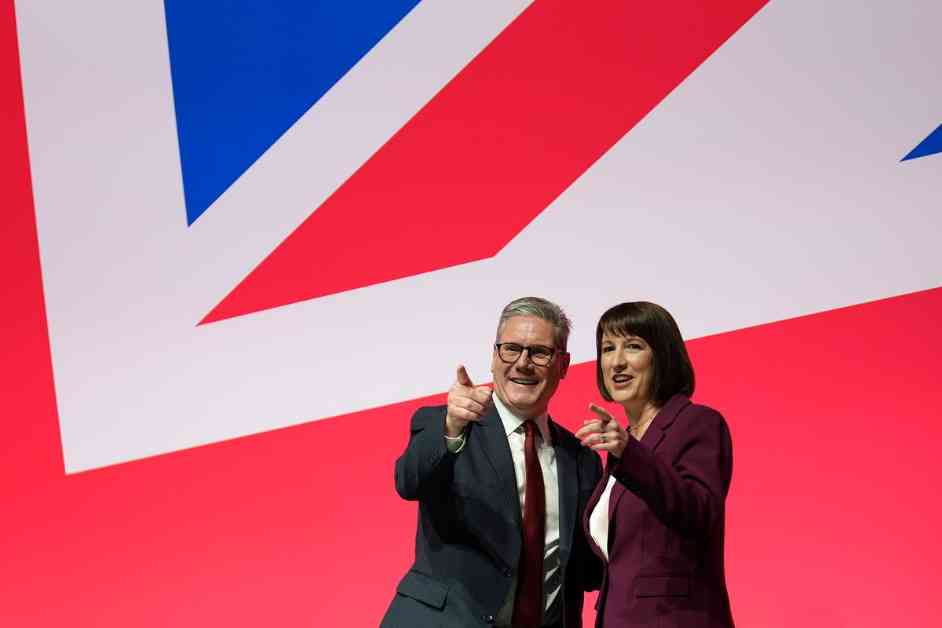Boosting Economic Optimism: Britain’s Treasury Chief Fosters Hope Amid Economic Challenges
British Treasury chief Rachel Reeves has vowed to steer away from a path of public spending cuts, despite the grim state of the U.K.’s national finances. In a bid to inject a sense of optimism following weeks of negative headlines for the country’s new Labour Party government, Reeves assured party members during her speech at Labour’s annual conference that her upcoming budget would not be all doom and gloom.
Reeves emphasized that there would be “no return to austerity” and outlined the government’s plans to invest in industry, infrastructure, and green energy to combat the declining growth, productivity, and family incomes. As the first woman to hold the historic post of Chancellor of the Exchequer, Reeves exuded optimism for Britain’s future, stating, “My optimism for Britain burns brighter than ever.”
Challenges and Strategies for Economic Recovery
Since winning the election on a platform of restoring stability and growth to the UK economy, Prime Minister Keir Starmer has faced the daunting task of addressing a significant fiscal shortfall left by the previous Conservative government. Reeves acknowledged the £22 billion “black hole” in public finances and the need for tough decisions to rectify the situation. However, she reiterated the government’s commitment to protecting vital public services and fostering economic progress without resorting to income tax hikes, sales tax increases, or corporate tax raises.
To bridge the fiscal gap, the government plans to crack down on tax evasion, recover funds lost to pandemic-related fraud, and implement cost-saving measures such as removing winter fuel allowances for wealthier pensioners. While these decisions have sparked debate and dissent within the party and among the public, Reeves defended the government’s choices as necessary steps to address the inherited financial challenges.
Public Perception and Political Challenges
Despite Labour’s recent electoral triumph and promises of economic revitalization, public sentiment towards the government’s performance has soured in recent months. A poll conducted by Ipsos revealed a growing dissatisfaction among respondents with the government’s handling of national affairs, signaling a shift from initial optimism to heightened concern and skepticism. This shift in public perception poses a significant challenge for the Labour Party as it strives to regain public trust and demonstrate effective governance.
Moreover, controversies surrounding Prime Minister Starmer’s acceptance of gifts and donations have further dampened the party’s image, raising questions about ethical conduct and financial transparency. While Starmer has defended his actions as compliant with regulations, the negative publicity surrounding the issue has prompted a decision to forego further acceptance of freebies, a move echoed by other party leaders to mitigate criticism and uphold integrity.
In light of these challenges, Labour faces the task of reinvigorating its message and rallying support among party faithful and the general populace. As the autumn conference serves as a platform for showcasing the government’s achievements and outlining future initiatives, Starmer aims to inspire confidence and unity within the party while addressing pressing economic concerns and policy priorities.
Overall, the road ahead for Britain’s Labour Party government is fraught with obstacles and uncertainties, but the commitment to economic recovery, social progress, and transparent governance remains steadfast. By navigating the complexities of fiscal management, public perception, and political dynamics, the government seeks to chart a course towards a brighter future for the nation and its citizens.












